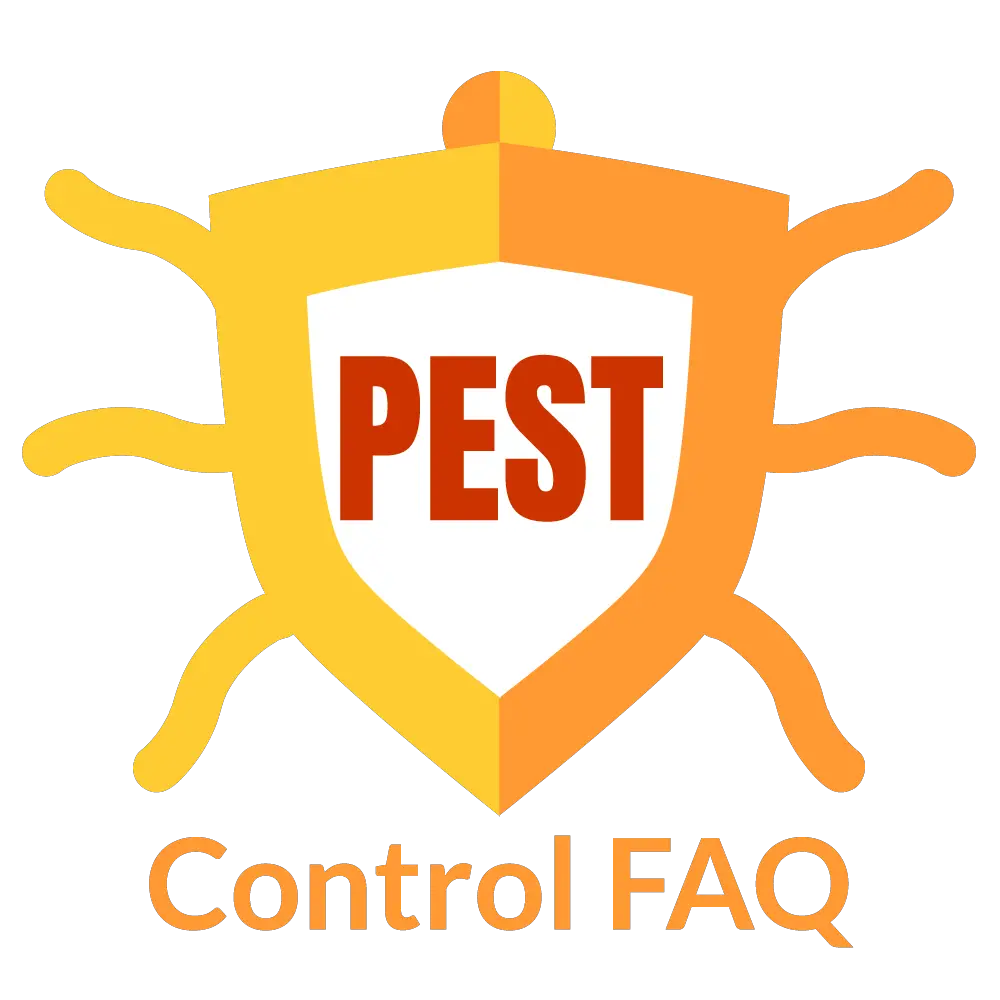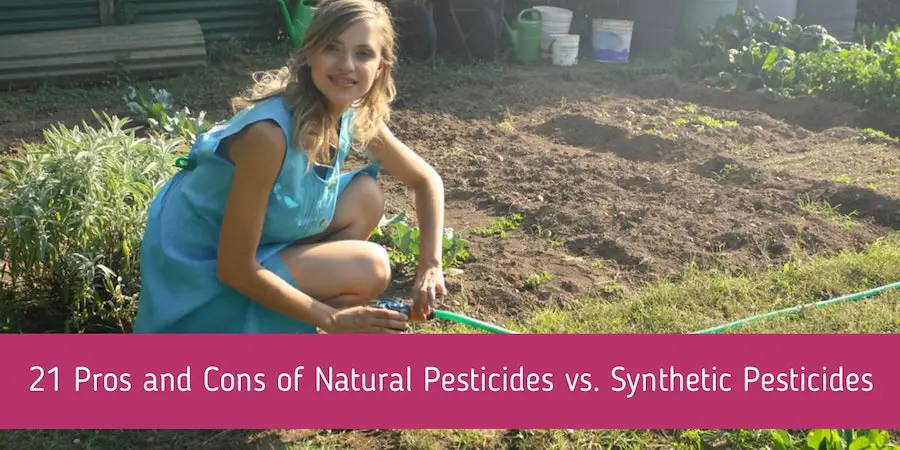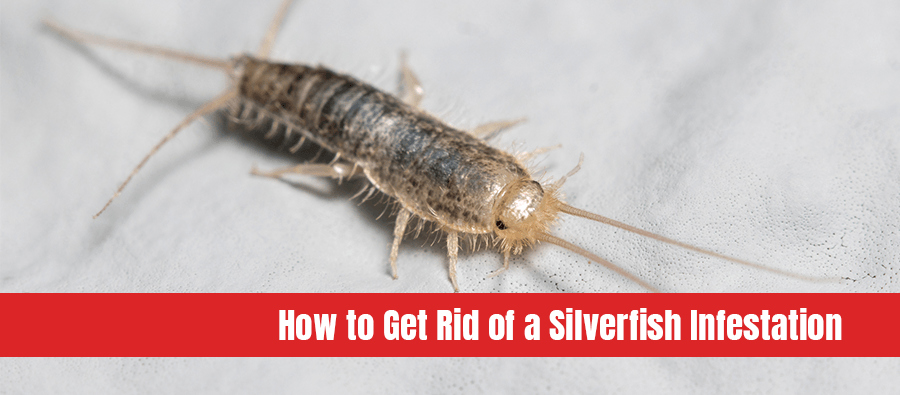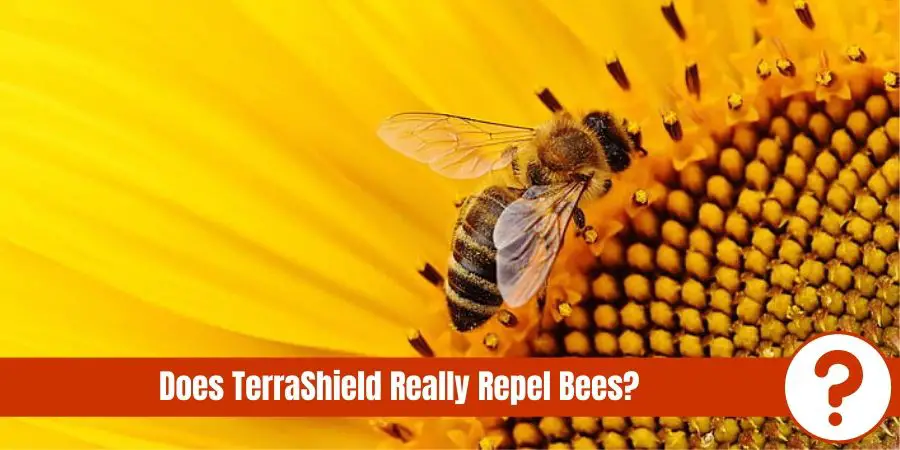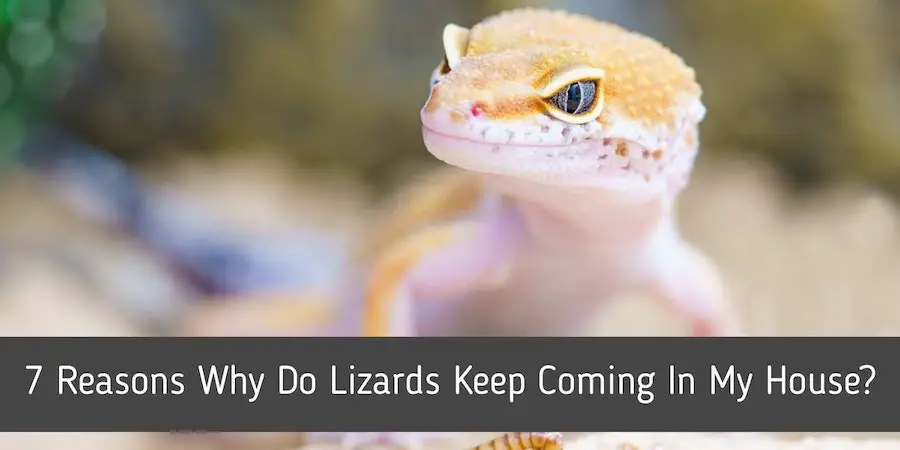If you need to use pesticides, you might be confused as to which one you should choose. As you can tell, there is a lot of talk about “going green”, and whether you should use natural or synthetic pesticides. I get questions all the time from people who are confused whether one choice is better and safer than the other.
So, should you use natural or synthetic pesticides? Some pesticides have less dangerous chemicals if they are considered natural. This doesn’t mean that all synthetic ones are harmful, or that all natural ones are safe. Before deciding to use a certain pesticide, make sure you research its’ safety.
And today, we’re going to go in-depth about some of the pros and cons concerning the use of both natural and synthetic pesticides. After all, you want to choose the best pesticide to suit your needs, while still making sure you are using a product that is both safe and effective.
Table of Contents
What is Better: Natural or Synthetic Pesticides?
It can be hard to define what is better when you are choosing pesticides. When choosing a pesticide, you have to ask yourself what better looks like for you. For example, you may need to go with natural pesticides if you are planning to cultivate an organic garden.
Or if you need immediate relief from pesticides, a fast-acting synthetic formula might be better for you. But in recent years, so-called natural, or “organic”, pesticides have been growing in popularity. This has caused a boom in the natural pesticide market.
What are the major differences between natural and synthetic pesticides?
Mainly, they are extracted and synthesized through different methods. If a product is natural, it is either extracted directly from the ground, plants, or animals. If a product is synthetic, that means that it is cooked up by artificial means in a laboratory. However, this doesn’t necessarily make natural pesticides better than synthetic ones by any means.
How harmful are pesticides?
What you should also know, is that certain chemicals are more dangerous to both animals and humans than others are. It’s very important to make sure you choose something that is safe, and this will depend upon the product and the chemicals used. Do not sacrifice your health in order to just get a product that is more readily available, or cheaper.
Your choice of pesticide may also be depending on whether or not you have children or pets. Both could be harmed if they got into and consumed certain chemicals. If you have a child or pets, make sure you research the pesticide you are purchasing is safe for them to be around. Otherwise, you might end up having to make a trip to the emergency room, or the emergency veterinarian.
When you go to use any pesticides, make sure to use precautions. Wear goggles, use gloves, prevent contact with your skin, and don’t breathe anything in. Keep the number of the local poison control center on hand in case of an emergency.
What are natural (organic) pesticides?
This class of pesticides can also be called “organic”. As we said before, these products are derived from the ground, plants, or even animals. While they have been heavily promoted in recent years, you might be wondering what the pros and cons of natural pesticides are.
5 Benefits of Using Natural Pesticides
#1 They are more friendly to the environment
Using natural pesticides is one way to stay “organic” and reduce your carbon footprint. Generally, pesticides created from natural means are much more friendly to the environment.
This means you will be more likely to go “green” if you are using natural pesticides versus the use of synthetic ones.
#2 Natural pesticides work better over the long run
Natural pesticides work better over the long run because pests are less likely to develop a tolerance to them. This means that over a long period of time, these pesticides will be more effective than ones pests have developed a resistance to.
#3 Natural pesticides are healthier
The use of natural pesticides may be healthier for you, your pets, and your children. This is especially true if you are using pesticides on a food garden, like ones with vegetables and fruits that you intend to consume.
#4 Natural pesticides can be better for the quality of your soil.
This results in better overall plant growth. It may also mean less chances of contamination. This is a big part of why natural pesticides are considered a solid step in the direction of going green.
#5 “Going green”
If you are trying to maintain a reputation for your business that you are “going green”, you can started by using pesticide
5 Cons of natural pesticides
However, nothing is ever completely perfect, especially when it comes to the use of pesticides. So, here are some of the cons of using natural pesticides.
#1 Natural pesticides may be more costly than synthetic ones
Unfortunately, many people who want to use only natural products may not be able to afford them. This is part of why synthetic pesticides still remain popular.
#2 Some products may be less effective
Some natural products may be much less effective than synthetic ones. This largely depends on the ingredients used in the pesticide.
#3 Delay
When you use natural pesticides, it may also take much longer for them to work than with conventional synthetic products. And with the delay, you might see an increase in pests during this time.
#4 You may require more knowledge to properly use them
These natural chemicals may not be as strong as their laboratory-grown counterparts, so this means that you may require more knowledge to properly use them. This is so you are able to make sure they are effective enough to work.
#5 Not as many companies offer natural chemicals yet
Fortunately, this is starting to change in recent years. But for people who live in certain areas, this may mean that these products can be less accessible.
NB! You should not assume that it is completely safe
It is also important to note that just because a product is labeled as “natural”, you should not assume that it is completely safe for humans, pets, or the environment. Before using a natural pesticide, you must thoroughly research the chemicals that are used in it. You should consult any warning labels that you see on the bottle.
When using natural pesticides, you should take any of the same precautions that you do with synthetic ones. And as always, call your local poison control center if you accidentally consume or breathe in any natural chemicals.
Now that we have discussed the pros and cons of natural pesticides, it’s time to move onto the pros and cons of synthetic ones.
What are Synthetic Pesticides
Synthetic pesticides have gotten a bad rap in recent years, but do they really deserve it? After all, almost everything is made up of chemicals, no matter whether they are considered natural or derived from artificial means.
6 Benefits of Using Synthetic pesticides
Let’s break it down and look at some of the pros of using synthetic pesticides.
#1 They are readily available
Synthetic pesticides are usually readily available in most stores. That means wherever you are, you may be able to find them in a store near you.
#2 Synthetic pesticides may be fast-acting
These pesticides may be fast-acting. That means that once you spray or otherwise apply them, you won’t have to wait very long for pests to be deterred or exterminated.
#3 Synthetic pesticides are made to be strong and effective
That means that once you use them, you can generally consider your problem solved as long as the brand is reputable.
#4 They are cost effective
If your budget is not very large, you may want to consider buying synthetic pesticides. Since they are more readily available, they are usually more cost-effective as well.
#5 Synthetic pesticides reduce malaria and West Nile Virus
Numerous pests spread diseases, some of which are deadly. The use of highly-effective synthetic pesticides has been associated with reducing diseases such as malaria and West Nile Virus.
#6 You will have more choice between multiple products
Because of so many brands of synthetic pesticides existing, you will have more choice between multiple products and chemicals. This will allow you to compare products in order to make the best choice for yourself and your property.
More brands of pesticides also means that synthetic pesticides protect against more kinds of pests than natural pesticides do.
5 Cons of synthetic pesticides
Now, clearly there are also cons to using synthetic pesticides
#1 Many synthetic chemicals can cause significant health problems
Many synthetic chemicals can cause significant health problems to human beings and pet animals. In fact, some chemicals are considered so dangerous that they have been banned by the EPA or in some entire countries.
Workers that apply the synthetic pesticides are most at risk of health complications. If you do choose a synthetic pesticide, avoid getting it on your skin or in your eyes. You should also never breathe it in.
#2 Synthetic pesticides can be harmful to the environment
Depending on the chemical, synthetic pesticides can be harmful to the environment, and are not very conductive to a mission of going green.
#3 Pests may develop a tolerance to certain chemicals over time
This means that the longer you use these particular pesticides, the less likely they are to work. It can also mean that certain species of pests can evolve to be completely resistant to certain chemicals
#4 Contamination of soil and water resources
Contamination of soil and water resources is a major potential problem with synthetic pesticides. If you have a well for your water, you may want to reconsider your use of synthetic pesticides. You don’t want to risk contaminating your drinking water, or poisoning yourself and others.
#5 Pets could potentially be harmed
If you have pets in the area, they could potentially be harmed or killed by exposure to synthetic pesticides. Dogs and cats are difficult to keep out of things, and they also have more sensitive systems that human beings.
Best natural and synthetic pesticides to buy
Now that we’ve discussed an exhaustive list of pros and cons for both natural and synthetic pesticides, I’ve decided to list some top choices in each category. I am going to list the top natural pesticide and the top synthetic pesticide that I’ve found on Amazon.
Dr. Killigan’s Insect Buster
As far as natural synthetics go, the Insect Buster from Dr. Killigan is advertised as being both natural and safe. It also boasts almost 400 total reviews, with most being positive in nature. The Insect Buster dispenses both Diatomaceous Earth and other natural insecticides. This product is easy to use, and features a sturdy, effective design. This product also comes with a satisfaction guarantee.
Demon Max Insecticide Pint 25.3% Cypermethrin
Looking for a synthetic pesticide instead?
The main chemical ingredient is Cypermethin. When mixed with water, this bottle will make about 32 gallons of spray. This particular pesticide offers complete control for over 20 species of pests. This product is advertised as not being a risk for leaking into your water supply.
How to safely use pesticides?
Throughout this article, I have loosely mentioned some of the precautions that you should take when you are using either natural or synthetic chemicals around your home or business. Since this is a very important subject, I’ve decided to give you a few additional tips for safety:
Take every safety precautions
Take every safety precaution when you are using synthetic pesticides. One of the most important things you should do is keep them out of reach of children and pets. If you have any doubts, call your local poison control center. Make sure you never put yourself in a position where you consume or breathe in any of these chemicals.
Don’t use them inside your house
It’s important to note that the majority of these pesticides are for outdoor use only. This means that you should never use them inside your house. Doing so may increase significant health risks to you and your family, or even your pets.
You should be trained to use pesticides
If possible, you should have someone train you in the proper use of applying pesticides. This can be a tricky business, and you don’t want to make a mistake.
Read all of the safety instructions
Make sure you read all of the safety instructions included with the specific pesticide you have bought. Many of these products will list safety instructions right on the bottle.
Check your local laws regarding pesticide use
You don’t want to be violating a local ordinance of any kind. Certain areas may ban certain chemicals, or they may stipulate that only trained professionals can apply pesticides in the area.
Never touch any pesticide chemicals with your bare skin
You should consider wearing gloves if possible. Wear goggles to protect your eyes, and invest in a mask to go over your mouth and nose. After all, you don’t want to breathe any of this stuff in.
Keep the right contact numbers ready
Keep the number of the local poison control center on hand, as well as other local emergency numbers that you should know.
Don’t eat around pesticides
You should never eat or chew anything while applying pesticides. This increases the chance of getting something toxic inside of your mouth.
Don’t smoke around pesticides
While you’re at it, do not smoke around pesticides. Certain chemicals may be flammable, and smoking around them could cause a fire.
Keep them away from children
Do not allow children or pets to be around the area while you are applying pesticides.
Don’t assume that you are eliminating any risks just because you use natural pesticides
Above all, don’t assume that you are eliminating any risks just because you use natural pesticides. Natural doesn’t automatically mean safe, and letting your guard down could be a risk to your health and safety.
Remember, stay safe at all costs when applying pesticides! Eliminating insects and other pests should never come at the expense of your health and safety.
Final thoughts: Pros and Cons of Natural Pesticides vs. Synthetic Pesticides
Today, we have talked about the major pros and cons of both natural and synthetic pesticide use. Hopefully at this point, you have a solid grasp on what the differences are between them, how they are used, and which one will be more suitable for you. And after reading, I hope you now know enough to be able to make the choice that’s right for you.
For all things pest control related, Pest Control FAQ is here to be a helpful guide and resource for you. Whether you are fighting bed bugs, invading lizards, or too many birds on your property, I am confident that you will find an answer to your problems here.
Related Questions
Can you be an organic gardener if you use pesticides? Organic farmers usually still use pesticides. However, they will by nature only use pesticides that are considered organic. They will not use synthetic pesticides at all. This is because synthetic pesticides are created in labs, and they are not usually considered organic.
Can anything be truly chemical free? Nothing is ever chemical free. The only difference between natural chemicals and synthetic ones are where you get the chemical from. But everything in existence whether natural or not is made up of chemicals. Typically, the term “chemical free” is used as a marketing tactic.
What pesticides do organic farmers use? Generally, organic farmers will tend to use more natural products. They may even forgo pesticide brands in order to use home-made methods of pest control, such as leaving garlic cloves laying out to deter certain pests away. The methods may vary depending on what sort of crops the farmers are raising, and what sort of pests are invading them.
